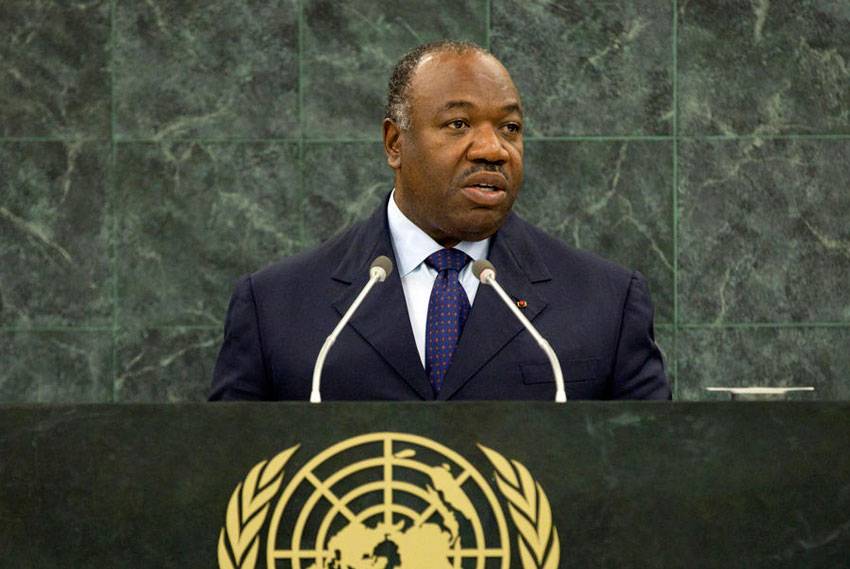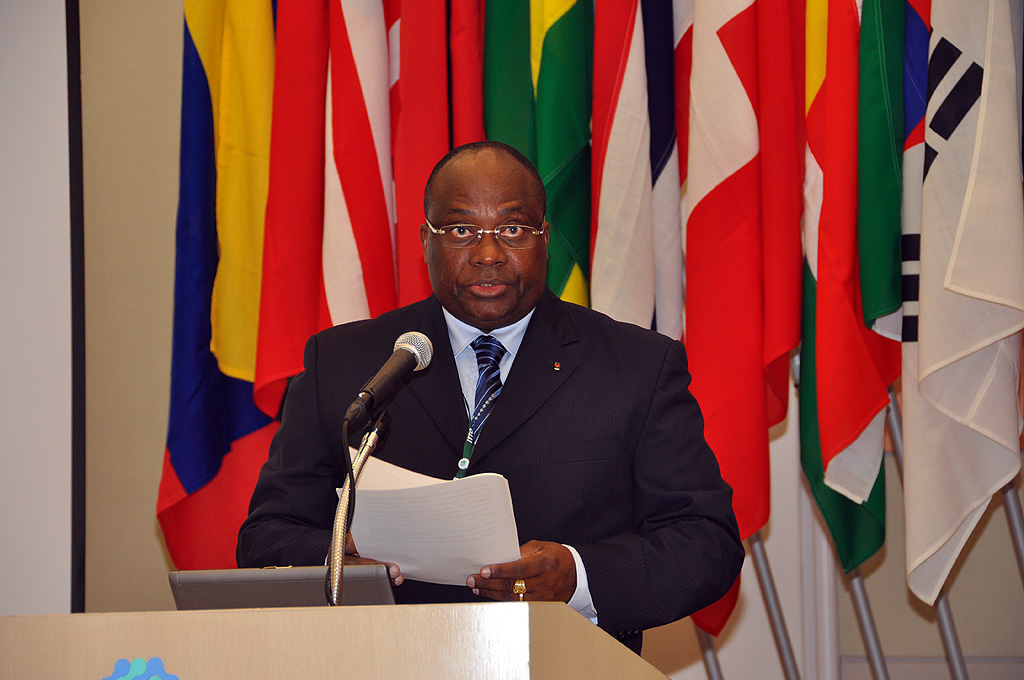
By Zakari Usman
With 31 March 2015 marking the loose deadline for countries to submit their pledges to the UN on how far they intend to reduce their greenhouse gas emissions, Gabon has become the first African nation to submit its new climate action plan to the UN Framework Convention on Climate Change (UNFCCC)
The pledges, also known as climate action plan or “intended nationally determined contributions”, (INDCs), will determine the success of the deal that the UN hopes to sign off in Paris in December this year.
This Intended Nationally Determined Contribution (INDC) comes well in advance of a new universal climate change agreement which will be reached at the UN climate conference in Paris, in December this year. Gabon aims at least a 50% reduction in greenhouse gases by 2025 compared to a business as usual scenario. This would mean emissions would hit roughly the same levels as they were in 2000. They also include a national adaptation strategy focused on coastal areas.
“I deeply appreciate Gabon’s initiative and welcome this first INDC from an African nation,” said Christiana Figueres, Executive Secretary of the UNFCCC.
Including Gabon, 35 parties to the UNFCCC have formally submitted their INDCs, covering all the countries under the European Union plus the European Commission, Mexico, Norway, the Russian Federation, Switzerland and the United States.
The Paris agreement will come into effect in 2020, empowering all countries to act to prevent average global temperatures rising above 2 degrees Celsius and to reap the many opportunities that arise from a necessary global transformation to clean and sustainable development.
Ms Figueres is encouraging countries to come forward with their INDCs as soon as they are able, underlining their commitment and support towards this successful outcome in Paris. Governments agreed to submit their INDCs in advance of Paris.
Developed countries are expected to do so as soon as possible and, with Mexico and Gabon, developing countries have also started to submit their INDCs well in advance. All information such as documentation on designing and preparing INDCs as well as on sources of support for INDC preparation, is available here.
Countries have agreed that there will be no back-tracking in these national climate plans, meaning that the level of ambition to reduce emissions will increase over time.
Countries under the UNFCCC have already finalized their negotiating text for the Paris agreement and formal negotiations will continue on the basis of this text at the next UN climate change meeting in Bonn from 1 to 11 June. The text covers the options on the substantive content of the new agreement including mitigation, adaptation, finance, technology, capacity building, and transparency of action and support.












